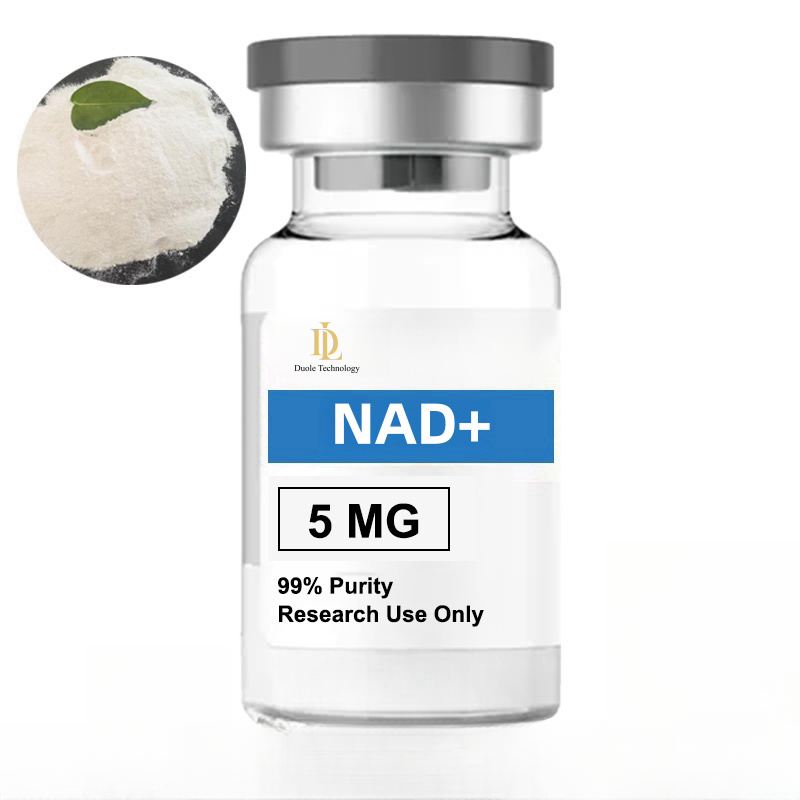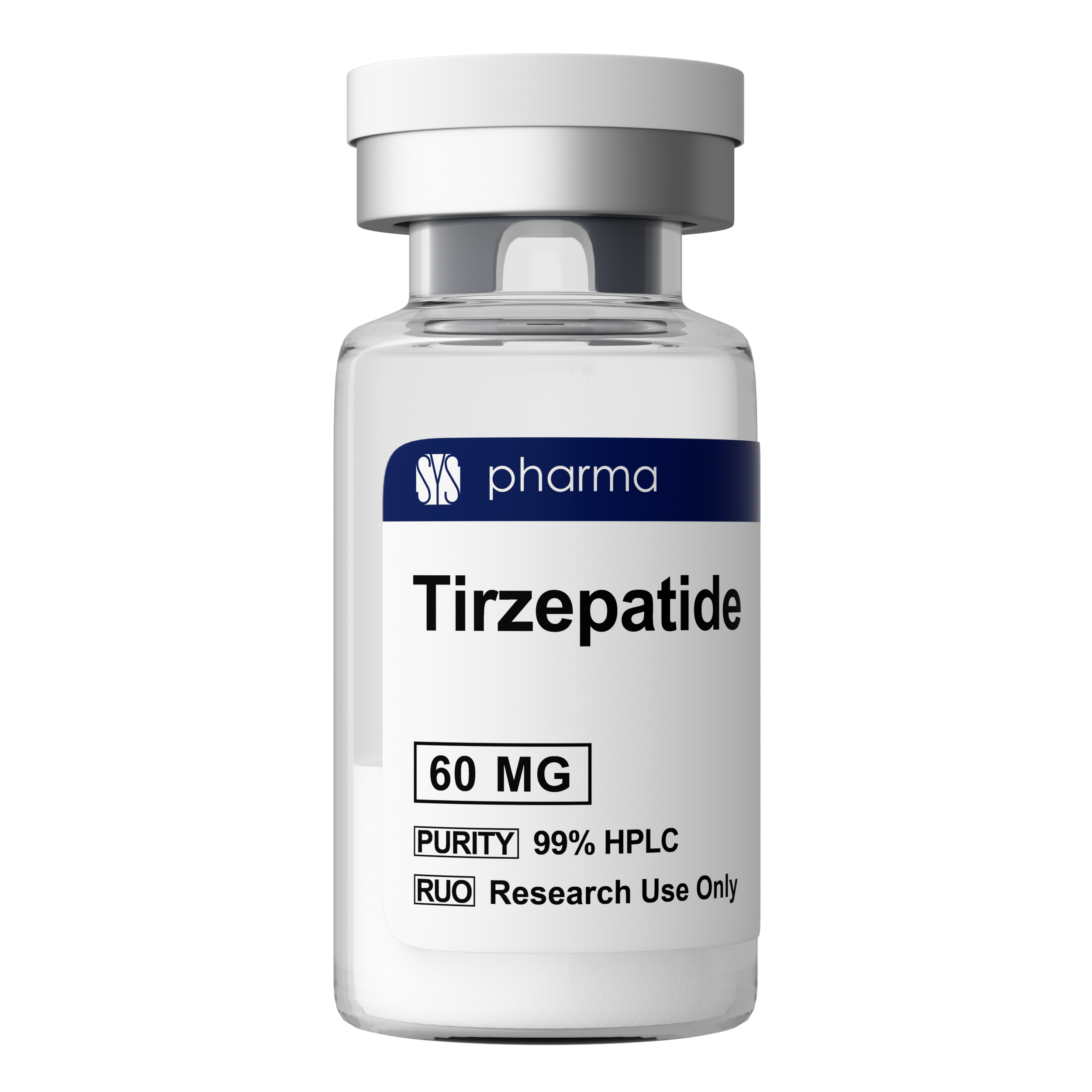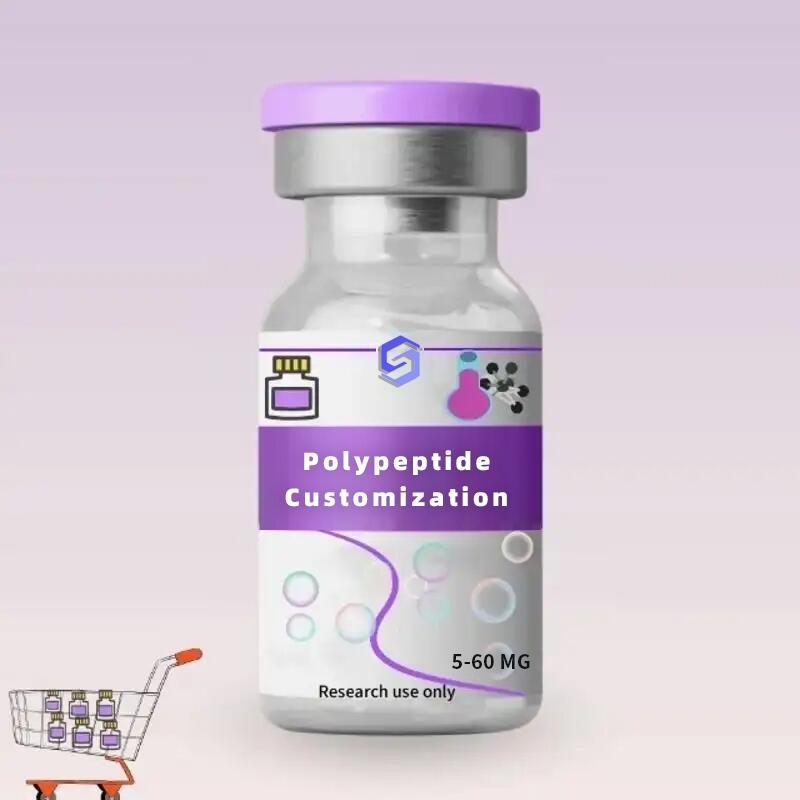The press conference of the Ministry of Health introduced the progress of promoting the basic drug system, etc
-
Last Update: 2011-10-12
-
Source: Internet
-
Author: User
Search more information of high quality chemicals, good prices and reliable suppliers, visit
www.echemi.com
This morning, the Ministry of health held a regular press conference on the website of the central government on October 12, 2011 The theme of the press conference was two: first, the progress of the work of the national basic drug system Second, the medical expenses of public hospitals in the first half of this year First of all, Zheng Hong, director of the Department of drug policy and basic drug system of the Ministry of health, introduced "the progress of the national basic drug system", and then answered questions from reporters on relevant issues Zhong Dongbo, director of the hospital operation supervision department of the Department of medical service supervision of the Ministry of health, also answered questions from reporters on the use of basic drugs in public hospitals - progress of national essential drug system Speeding up the promotion of the national basic drug system is related to the overall situation of medical reform, and is one of the difficulties and key points in the whole medical reform All localities adhere to the basic direction of ensuring the basic level, strengthening the grass-roots level and building the mechanism, and comprehensively promote the comprehensive reform of the national basic drug system and the grass-roots medical and health institutions with five aspects as the starting point, including comprehensive coverage, standardized procurement, implementation of compensation, innovation mechanism and building a solid network, Significant progress and initial results have been achieved First, the national basic drug system was initially established Since the official launch of the national essential drug system in August 2009, the Ministry of health has issued the implementation opinions on the establishment of the national essential drug system and the National Essential Drug Catalogue (2009) The relevant departments issued the supporting documents such as national basic drug pricing, reimbursement, procurement, quality supervision, compensation of basic medical and health institutions, debt relief, rural doctor team construction, etc The relevant policies of the basic drug system have been gradually enriched and improved, which has effectively promoted the top-level design of the national basic drug system and the steady implementation of the basic medical and health institutions At present, 31 provinces (districts, cities) and Xinjiang production and Construction Corps have realized the allocation and use of essential drugs in all government run primary medical and health institutions, and implemented zero margin sales The national essential drug system has been initially established Second, the comprehensive reform was carried out steadily and new mechanisms were established in an all-round way Local governments have paid more attention to the comprehensive reform at the grass-roots level, and the work has been continuously strengthened, and the work progress has been accelerated Mainly reflected in: new progress has been made in centralized procurement of essential drugs All localities earnestly implement the guiding opinions on establishing and standardizing the purchasing mechanism of basic drugs for grass-roots medical and health institutions run by the government (GBF [2010] No 56) issued by the general office of the State Council, and purchase basic drugs in a unified bidding way with the province as the unit in accordance with the requirements of bidding for production enterprises, quantity price linkage, bidding for procurement in one, two envelope system, centralized payment and whole process monitoring At present, 31 provinces (districts and cities) have established a provincial centralized bidding platform for non-profit drugs led by the government By the end of September, 29 provinces had issued new procurement mechanism documents for essential drugs, and 26 provinces had launched a new round of procurement The compensation mechanism of primary medical and health institutions has been gradually improved In accordance with the opinions on establishing and improving the compensation mechanism of grass-roots medical and health institutions (GBF [2010] No 62), 25 provinces have further improved the original practice, introduced the implementation measures of comprehensive reform or multi-channel compensation at the grass-roots level, and combined the increased investment with the construction mechanism 24 provinces have adjusted the charging standards of basic medical and health institutions, and merged the existing registration fees, consulting fees, injection fees and drug service costs into general diagnosis and treatment fees In most provinces, the general diagnosis and treatment fees per person of basic medical and health institutions are 8-10 yuan, and the individual self payment part is 1-2.5 yuan The reform of personnel and distribution system in primary medical and health institutions has achieved results At present, 2403 counties (cities, districts) have completed the verification and distribution of the staffing of primary medical and health institutions; 2266 counties (cities, districts) have implemented the performance salary of primary medical and health institutions; 2198 counties (cities, districts) have established a comprehensive and quantitative performance appraisal system of primary medical and health institutions; 2.3 Ten thousand basic medical and health institutions run by the government have completed the competition for posts Third, the network of rural health service system has been further strengthened In accordance with the requirements of the guidance on Further Strengthening the construction of rural doctors issued by the general office of the State Council, six provinces, including Jiangsu Province, have issued specific implementation plans; 16 provinces, including Hebei Province, have formulated and issued specific measures for implementing general diagnosis and treatment fees for village clinics; 11 provinces, including Liaoning Province, have incorporated village clinics into the overall planning of new rural cooperative outpatient service; 31 Different provinces (districts and cities) have adopted different ways to provide special subsidies to rural doctors Some provinces that originally issued the subsidy policy have raised the subsidy standard again after this reform Provinces have actively verified the allocation ratio of basic public health service funds in township hospitals and village clinics, generally 30% - 40% of the public health service funds %It is allocated to village clinics; all regions actively solve the pension problem of rural doctors; 30 provinces create conditions to solve the new rural insurance for rural doctors; Jiangsu Province and Xinjiang production and Construction Corps include rural doctors into the pension insurance for urban workers These measures further mobilize the enthusiasm of rural doctors By the end of September, the basic drug system had been fully covered in all village clinics of six provinces including Shanghai and Xinjiang production and Construction Corps, and implemented in more than 60% of village clinics in seven provinces including Beijing Fourth, the burden of drug use has been reduced After the implementation of the basic drug system at the grass-roots level, the people have actually benefited, mainly reflected in "one drop and one rise" "One drop" mainly refers to that after the implementation of "zero margin" sales and provincial centralized procurement of basic drugs, the sales price of basic drugs at the grass-roots level is significantly lower than before the implementation of the system, and the sales price of basic drugs at the grass-roots level is about 25% lower than before the implementation of the system "One rise" mainly refers to a significant increase in the proportion of medical insurance reimbursement The use and reimbursement policies of essential drugs have been gradually implemented All essential drugs have been included in the reimbursement catalogue of basic medical insurance drugs, and the reimbursement proportion is significantly higher than that of non essential drugs The proportion of reimbursement for hospitalization expenses within the scope of the new rural cooperative medical insurance policy and the urban residents' medical insurance policy has reached more than 60%, and that in some overall planning areas has increased to 70% More than 90% of the overall planning areas have carried out outpatient coordination Fifthly, we will comprehensively carry out the monitoring and evaluation of the basic drug system Basic drug system monitoring and evaluation is an important part of establishing and improving national basic drug system related policies It plays an important role in basic drug selection, procurement and distribution, rational use, pricing reimbursement, institutional operation, system implementation effect and system design In February 2010, 30% of the government run primary medical institutions in the country implemented the national basic drug system With the support of international cooperation project funds, the Ministry of Health established 65 primary monitoring points in 13 provinces in the East, middle and west of China in time By September this year, the monitoring scope had expanded to 80 monitoring points in 18 provinces The monitoring results in 2010 show that the implementation of the basic drug system has played a positive role in effectively reducing drug prices, promoting rational use of drugs, establishing a new mechanism for grass-roots operation, and improving the utilization rate of grass-roots medical and health services According to the deployment requirements of the Ministry of health, 31 provinces (districts, cities) and the health departments and bureaus of Xinjiang production and Construction Corps have carried out 2011 in an all-round way The annual monitoring and evaluation of the national essential drug system will help to fully grasp the work trends of all regions, urge local governments to further promote the comprehensive reform of the national essential drug system and the grass-roots level, at the same time, it will also help to summarize and promote local characteristic practices, and provide basis for further improving policies In addition, the Ministry of health, with the financial support of the central government, has carried out pharmaceutical personnel training in 35000 township hospitals in 22 provinces (districts and cities) in the central and western regions and Xinjiang production and Construction Corps, consolidated the implementation results of the national essential drug system, improved the service capacity of rural health institutions, and promoted the rational use of national essential drugs The food and drug regulatory authorities at all levels effectively do a good job in the supervision of the quality of essential drugs through the implementation of new drug quality standards, the supervision of the safety of essential drugs, the implementation of the sampling inspection of all kinds of essential drugs, the electronic supervision of all kinds of essential drugs, and the strengthening of the monitoring of adverse reactions of essential drugs Next, the Ministry of health will focus on the following work: First, conscientiously implement the guiding opinions on Further Strengthening the construction of rural doctors issued by the general office of the State Council, implement the subsidy policy of the central finance for the village clinics implementing the basic drug system, and take various forms to stabilize the rural doctors, so as to ensure that the village clinics will achieve full coverage of the basic drug system by the end of this year Second, continue to strengthen the comprehensive reform at the grassroots level, improve the construction of system and mechanism, guide and urge the local government to study and formulate the implementation plan of basic drug procurement, further improve the "two envelope" bidding system; urge the local government to implement the comprehensive compensation of the grassroots medical and health institutions, clarify the compensation channels, amounts and methods, ensure the normal operation of the grassroots institutions, and ensure that the income of medical personnel does not decrease; urge The local government should promote the reform of personnel system and income distribution system, encourage exploration and innovation, mobilize the enthusiasm of medical personnel, and promote the establishment of new mechanisms at the grassroots level Third, in accordance with the provisions of the measures for the administration of national essential drugs catalogue (Provisional), the catalogue of essential drugs shall be adjusted once every three years according to 2011 The annual work of medical reform puts forward the work requirements of researching and improving the national essential drug catalog, continuing to investigate the use of essential drugs in different regions, summarizing and analyzing the supplement of drugs in different regions, focusing on the connection with the existing relevant drug reimbursement catalog and clinical pathway, highlighting the needs of grass-roots prevention and control of major diseases and chronic diseases, and completing the national essential drug catalog within the specified time limit 》Adjust the work At the same time, relevant supporting policies should be formulated, including standardizing the supplement of drugs, ensuring the supply of cheap and short drugs, and managing the use of essential drugs by medical institutions Fourth, we should strengthen the publicity of the national basic drug system policies and measures, strive for the understanding and support of all sectors of society, and increase the central and local financial investment in the training of medical personnel, especially the training of general practitioners and pharmaceutical personnel, so as to promote the standardized and rational use of basic drugs - a reporter asked the reporter of the health newspaper: Hello, director Zheng, just now you introduced the news that the basic drug catalog will be adjusted Please give a detailed introduction to the new version of the basic drug catalog When will it be released, and what changes will it make compared with the current basic drug catalog? Will we relax the restrictions on drug use in primary medical institutions after the new version of the basic drug catalog is launched? [Zheng Hong]: the basic drug system has been implemented for nearly three years, and now it is mainly implemented at the grass-roots level These 307 varieties have been used for more than two years According to the investigation and monitoring of the implementation of essential drug system in different regions, the voice for the adjustment of essential drug catalogue is also increasing In 2009, when formulating the list of essential drugs, considering the national situation, a grass-roots version was first introduced to guide the grass-roots implementation of the essential drug system As an important part of the basic drug system, the essential drug catalogue is a leader in the implementation of the system, because without the catalogue, it is impossible to formulate the drug purchase catalogue according to the catalogue, guide the production and supply, and guide the doctors
This article is an English version of an article which is originally in the Chinese language on echemi.com and is provided for information purposes only.
This website makes no representation or warranty of any kind, either expressed or implied, as to the accuracy, completeness ownership or reliability of
the article or any translations thereof. If you have any concerns or complaints relating to the article, please send an email, providing a detailed
description of the concern or complaint, to
service@echemi.com. A staff member will contact you within 5 working days. Once verified, infringing content
will be removed immediately.







